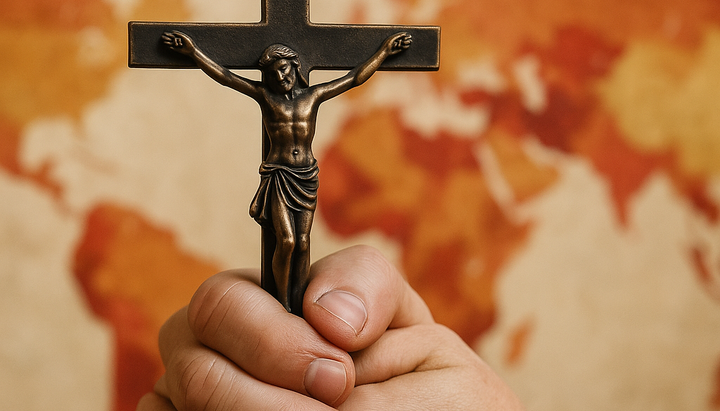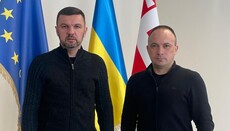UN establishes International Day of Remembrance for Victims of Religious Persecution

Christians are the most persecuted religious community: more than 380 million live under pressure and threat of persecution.
Since August 22, 2019, by resolution of the UN General Assembly, the International Day Commemorating the Victims of Acts of Violence Based on Religion or Belief has been observed. Its purpose is to draw attention to the tragedy of people suffering persecution for their faith and to condemn the rising tide of religious violence and terrorism.
According to the latest World Watch List 2025 report by the Open Doors organization, Christians have once again become the most persecuted religious community on the planet. Today more than 380 million Christians are subject to persecution – the highest number in modern history. In just one year, the number of victims rose by 15 million. In fact, one in seven Christians worldwide faces some form of oppression.
In 1993, severe forms of Christian persecution were recorded in 40 countries; by 2023, that number had nearly doubled, reaching 76. In the reporting period from October 1, 2023, to September 30, 2024, the figures are tragic: 4,476 Christians were martyred for their faith, 7,679 churches and church buildings were attacked, and 4,744 believers were unjustly arrested or imprisoned.
The ten countries with the highest levels of persecution are North Korea, Somalia, Yemen, Libya, Sudan, Eritrea, Nigeria, Pakistan, Iran, and Afghanistan.
UN Secretary-General António Guterres, in his address, emphasized that attacks on believers and holy sites are not only abhorrent acts but also a threat to our shared humanity. He stressed that persecution for faith, desecration of places of worship, and hate speech must be met with decisive resistance, and that governments and religious leaders are obliged to protect every person’s right to freedom of belief.
Earlier, the UOJ reported that in Africa, over the course of a year, Islamists killed more than 22,000 people, most of them Christians.











